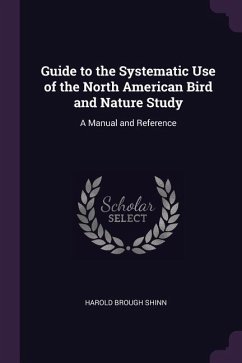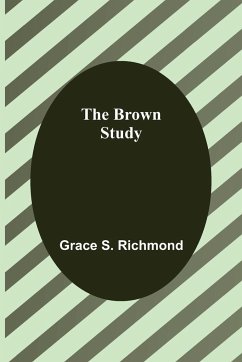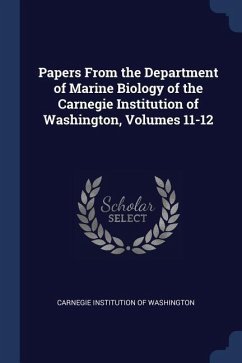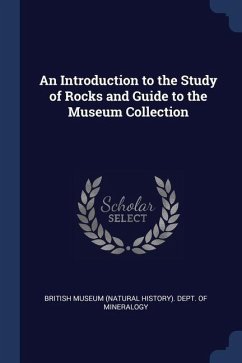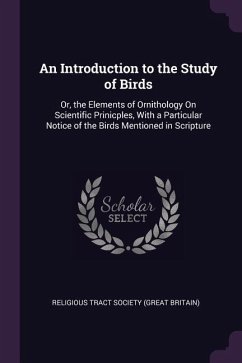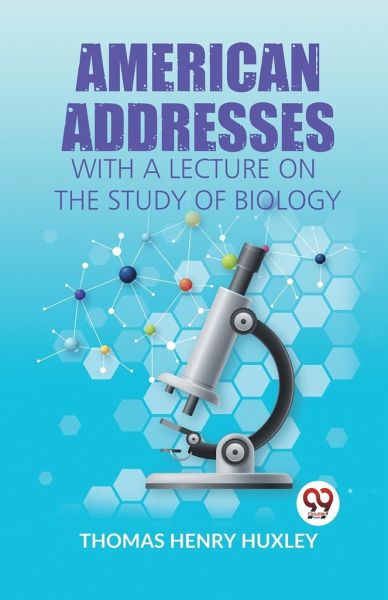
American Addresses With A Lecture On The Study Of Biology
Versandkostenfrei!
Versandfertig in 1-2 Wochen
12,99 €
inkl. MwSt.

PAYBACK Punkte
6 °P sammeln!
"American Addresses" is a collection of thought-provoking lectures and speeches introduced via the eminent British scientist and philosopher, Thomas Henry Huxley. This compilation showcases Huxley's keen intellect and his engagement with pressing troubles of the time. Throughout the addresses, Huxley tackles a extensive range of topics, together with science, training, ethics, and the relationship between religion and science. He became a staunch advocate for the significance of clinical inquiry and rational thought in society, and his eloquent speeches mirror his determination to the promotin...
"American Addresses" is a collection of thought-provoking lectures and speeches introduced via the eminent British scientist and philosopher, Thomas Henry Huxley. This compilation showcases Huxley's keen intellect and his engagement with pressing troubles of the time. Throughout the addresses, Huxley tackles a extensive range of topics, together with science, training, ethics, and the relationship between religion and science. He became a staunch advocate for the significance of clinical inquiry and rational thought in society, and his eloquent speeches mirror his determination to the promoting of understanding and cause. Huxley's enticing and persuasive style, mixed with his deep information of diverse scientific disciplines, made him a prominent discern within the intellectual panorama of the 19th century. His passionate protection of the clinical technique and secularism resonated with audiences on each sides of the Atlantic. "American Addresses" isn't always most effective a testament to Huxley's highbrow prowess however also a historic report that offers insight into the intellectual debates of the era. His eloquent and idea-upsetting speeches preserve to inspire scientists, students, and thinkers, reminding us of the iconic significance of technology, reason, and the pursuit of information in our society.




